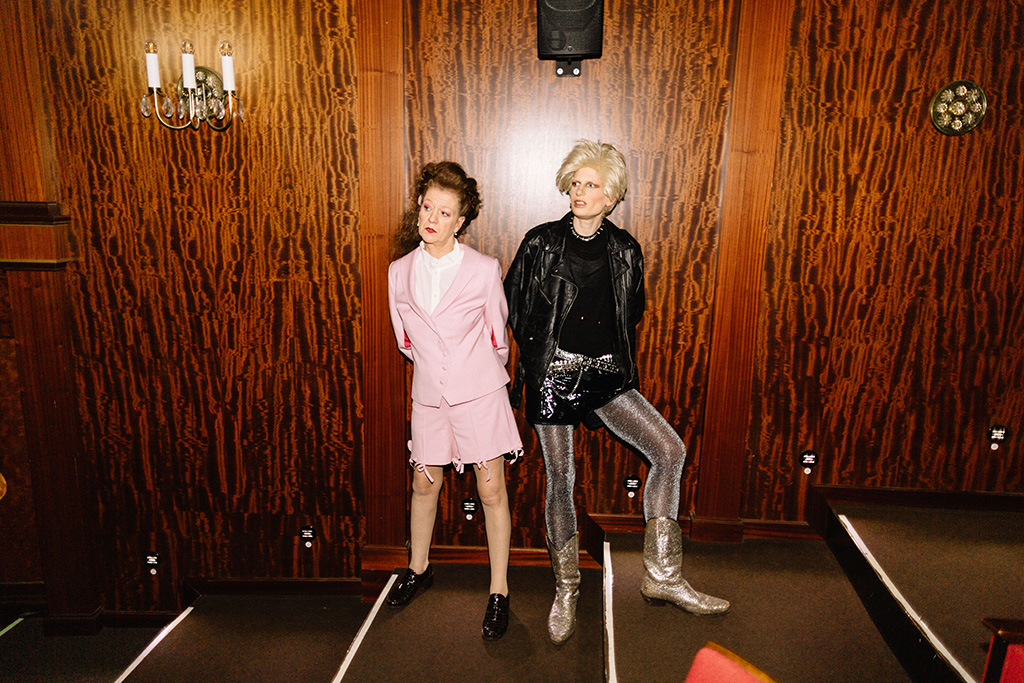
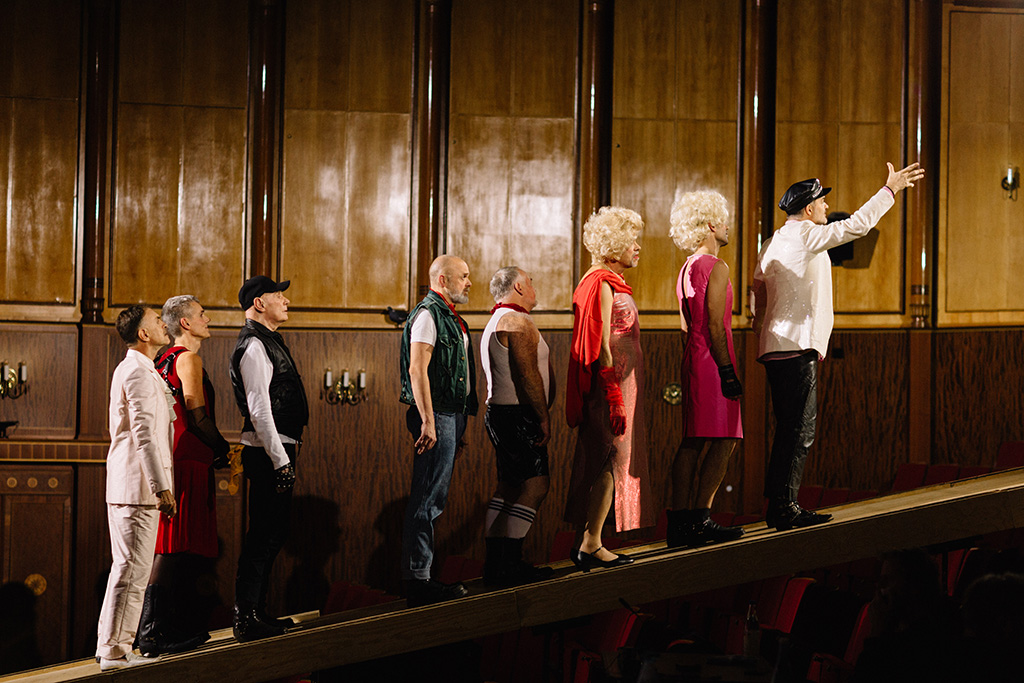
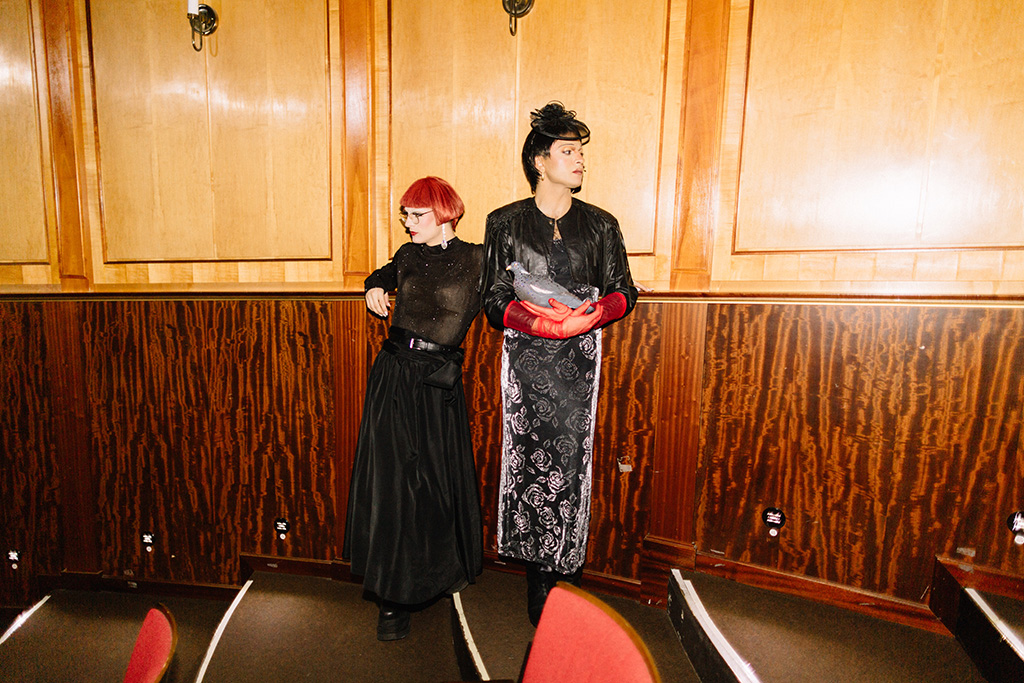
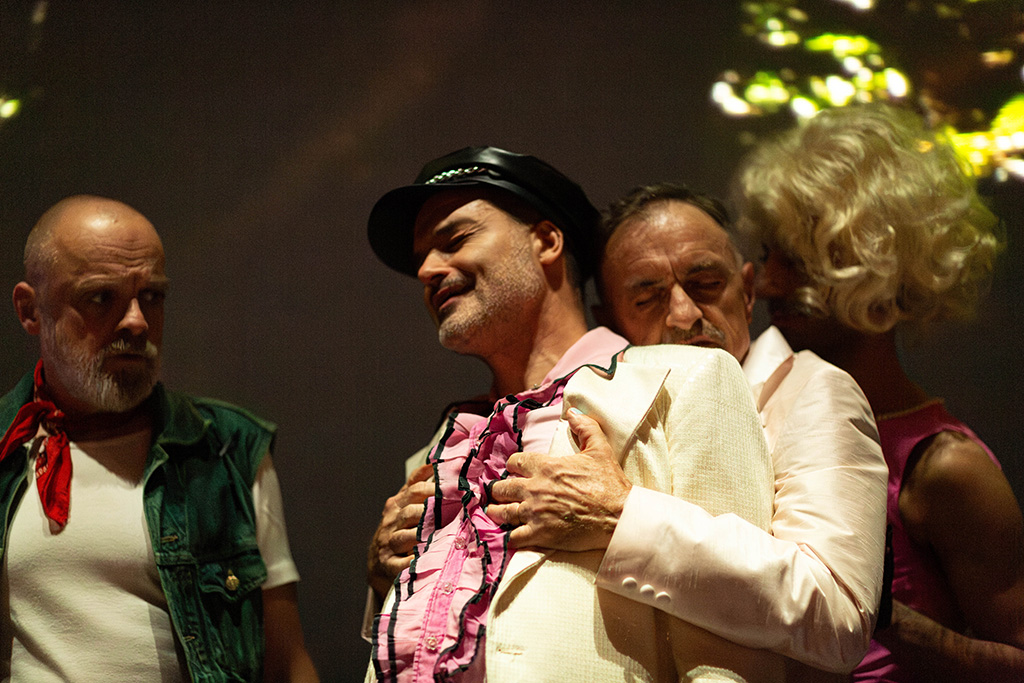
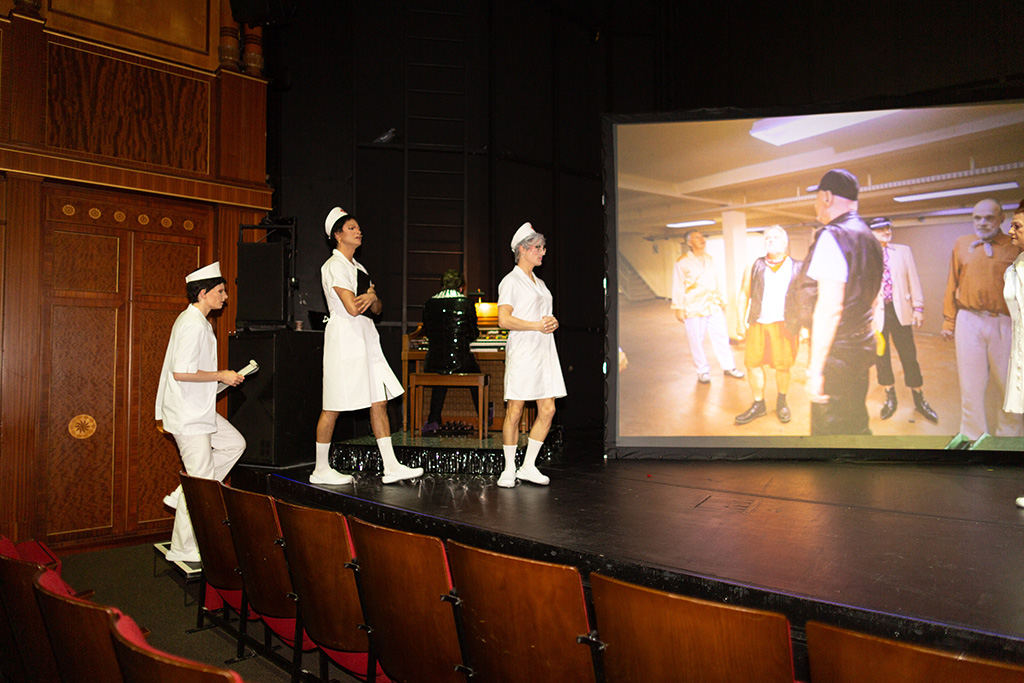
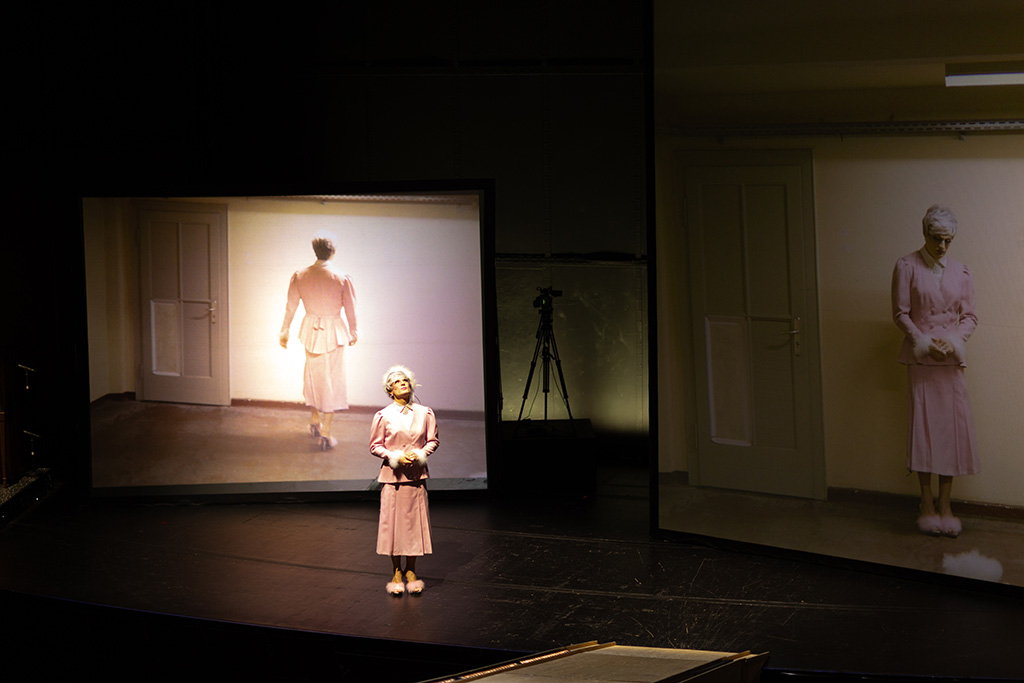
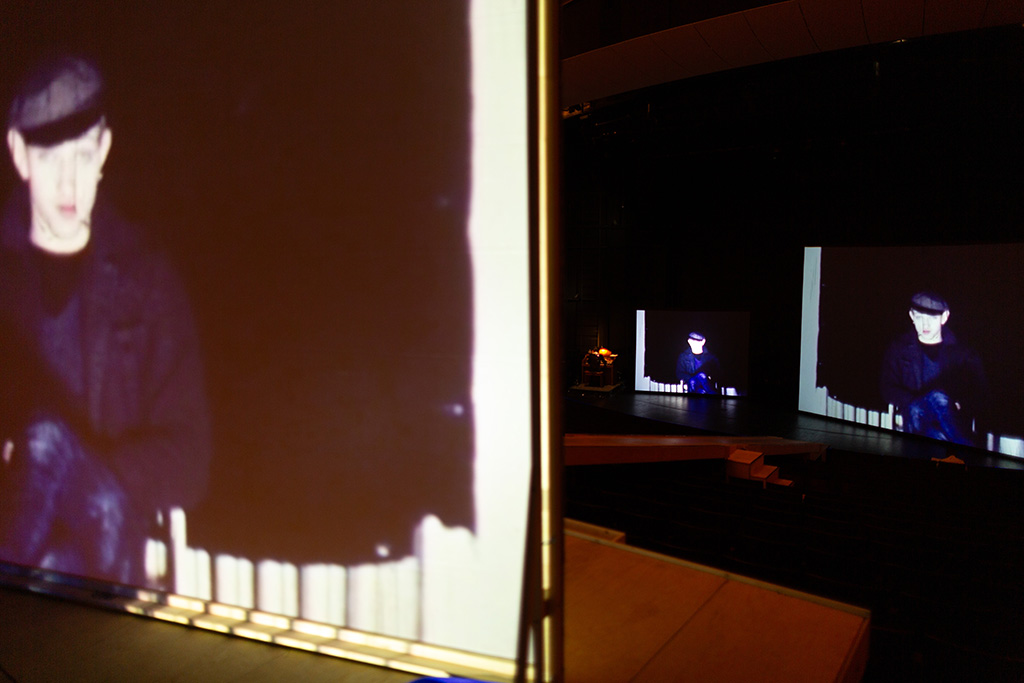
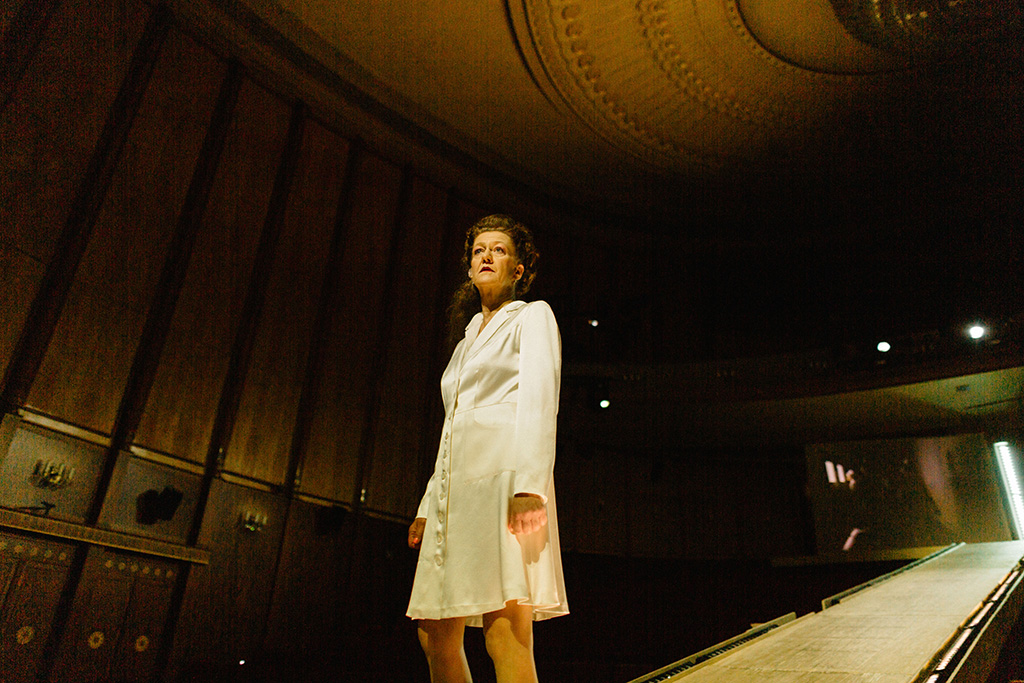
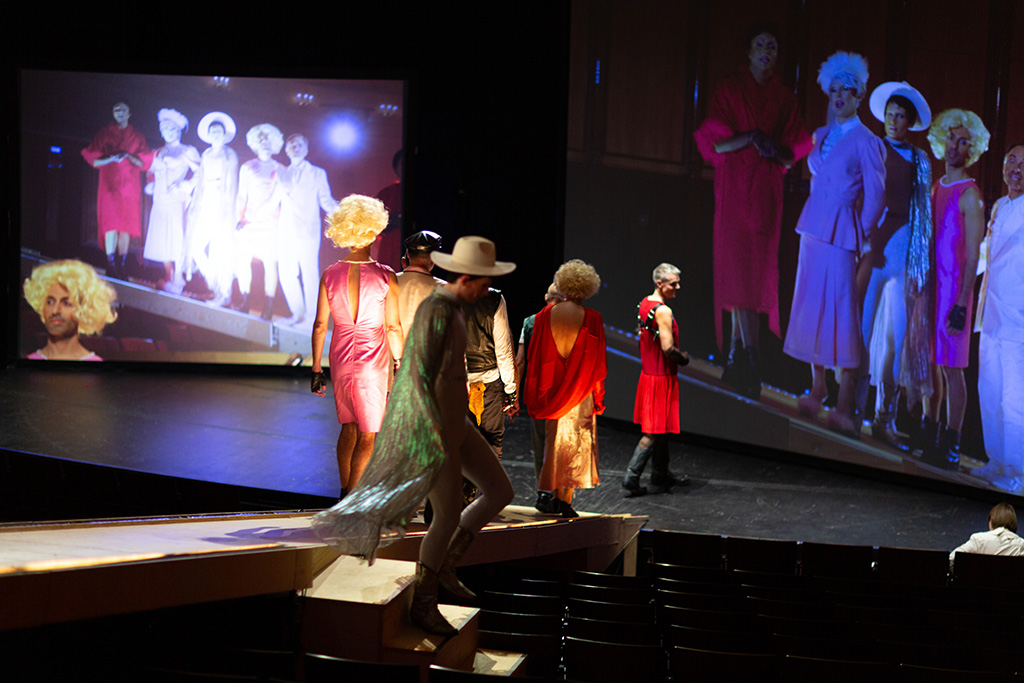
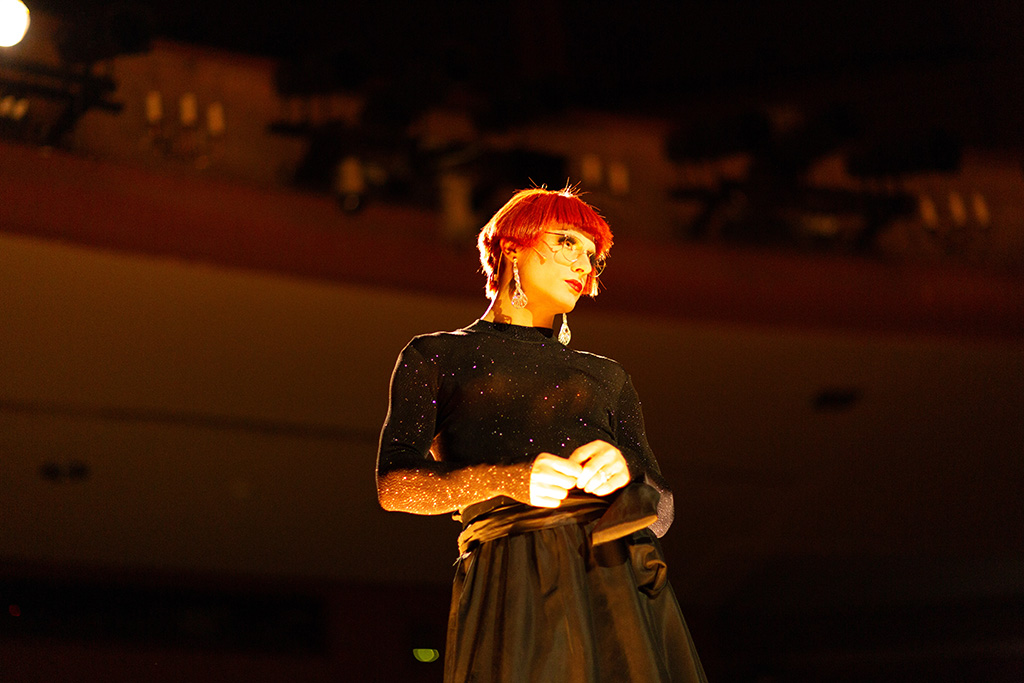
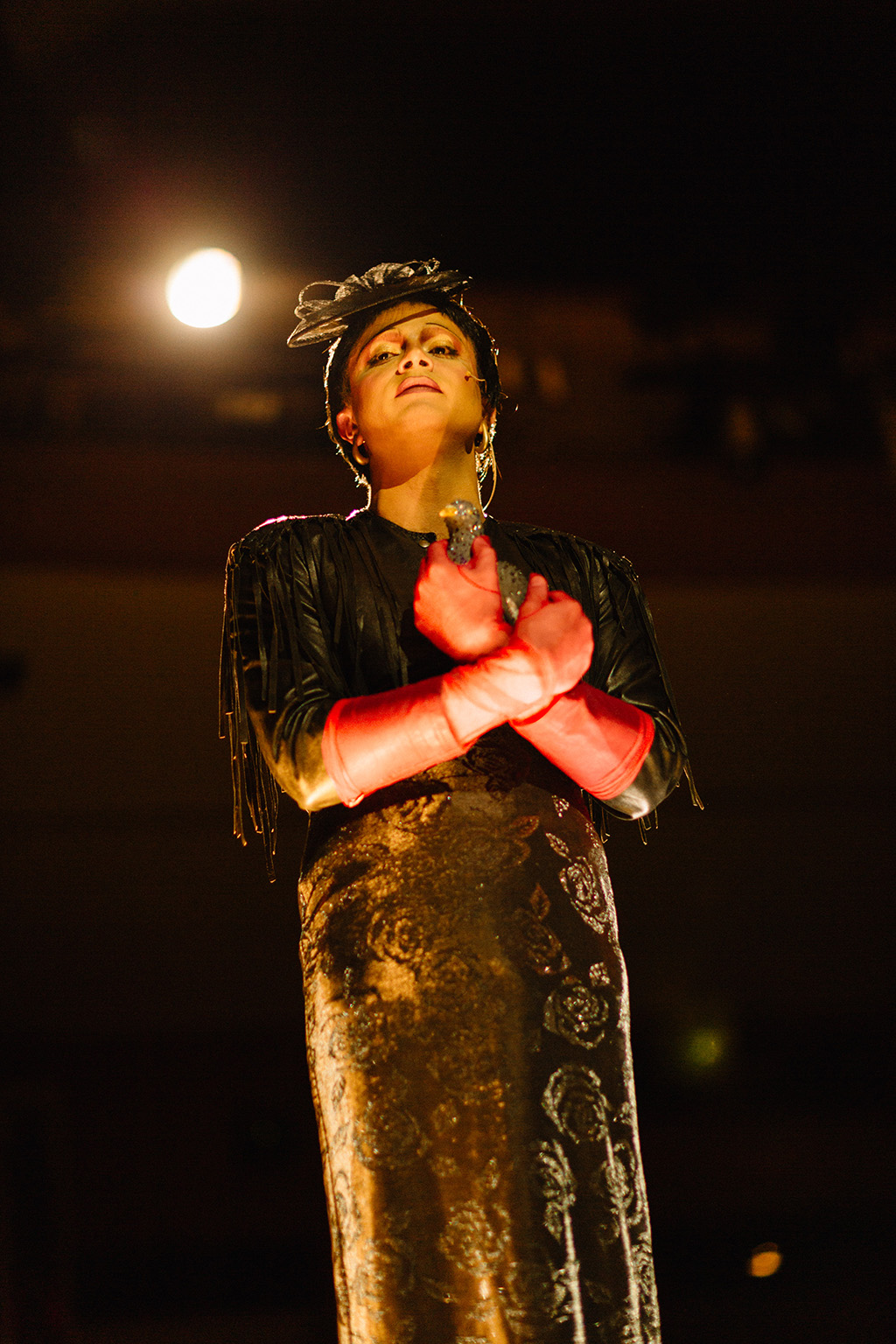
Mein süßes Lieb – Gentrifizierung und AIDS in Berlin
by Tilman HeckerSarah Schulman’s book The Gentrification of the Mind explores the wide reaching impact of the Aids epidemic on New York’s gentrification, enabling a massive process of dislocation during the 1980s. In Manhattan and other places, Aids-related deaths of gay men had the effect of drastically increasing the turnover of apartments. The American ACT UP activist shows how landlords sidestepped rent control and leased the apartments for up to ten times higher rents, while the belongings of the deceased were being dumped in the gutter. In this way, the gentry from well-to-do suburbs snatched inner city apartments, ushering in a shift in urban mentalities, and the era of gentrified cities as we know them today. Aids was, according to Schulman, the culminating point in the process of gentrification, a crisis and a shock, bringing an end to the city as a space of opportunities and breeding ground of political movements, radical ideas and alternative forms of life. As the cultural homogenization and economic improvement grew, suburban mentality spread and visionary ideas vanished. The gay liberation movement had its origins in the metropolises, not in suburbia. Yet if urbanity is destroyed, the opportunities inner-city life offers, are lost – and so the whole world has lost.
The solo show for Christine Groß and Choir by Tilman Hecker is a Berlin version of Schulman’s these conceived as a collage of texts, file clips, newspaper reports and interviews from the beginning of the as yet untold Aids crisis in the 1980s until today. Illustrating the different effects of Aids in the then divided and later reunited city of Berlin, it also highlights the development of queer culture as one of the consequences of the crisis, asking who has actually benefitted from the struggles of Aids activists and actors of gay life in the 1980s.